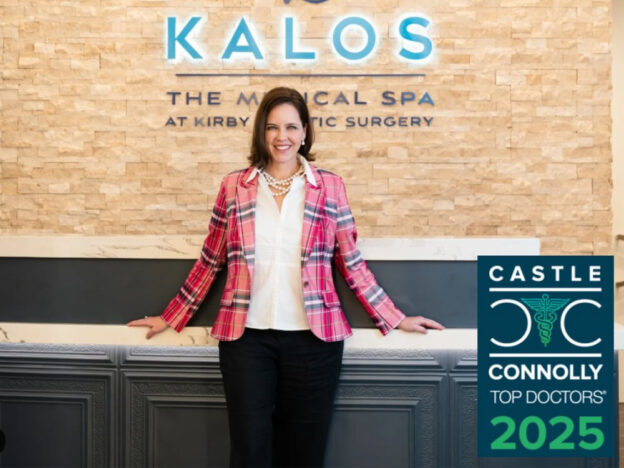Kirby Plastic Surgery in Fort Worth Offers TAP Blocks to Reduce Postoperative Opioids
Kirby Plastic Surgery now offers its tummy tuck patients improved pain management using local anesthetic delivered through an intraoperative “TAP block,” which reduces the need for postoperative medication and leads to a quicker return to normal activities.
Fort Worth, TX, August 25, 2020—Dr. Emily Kirby of Kirby Plastic Surgery is pleased to announce that her Quad-A-accredited plastic surgery center now offers Transverse Abdominis Plane (TAP) nerve blocks, a technique that relieves discomfort in patients undergoing abdominoplasty procedures, or tummy tucks. TAP blocks have proven to be an effective part of a multi-modal pain management plan after various abdominal surgeries, such as cesarean sections and hernia repair, and now they will be available to individuals seeking a tummy tuck in Fort Worth. Importantly, this localized pain management technique reduces the necessary amount of pain medication, including opioids, thereby helping to reduce unwanted postoperative side effects.
“We are pleased to add TAP Blocks to our surgical repertoire,” says Dr. Kirby, who serves as Chief of Plastic Surgery at Texas Health Resources Harris Methodist Hospital. “Now that our recovery regimen requires less medication, tummy tuck patients will suffer fewer side effects, including constipation, nausea, and chemical dependence, among others.”
During surgery, while the patient is under anesthesia, Dr. Kirby performs the TAP block by using ultrasound imaging to locate the optimal location to inject the anesthetic between the appropriate layers of the patient’s abdominal muscles. She then guides the block into place using a specialized needle, providing a localized, time-released anesthetic that stops nerve signals traveling from the abdominal wall. The anesthetic lasts up to 24 hours.
“We have observed that TAP Block patients are more quickly able to get back to normal activity, like walking, eating a regular diet, and working,” Dr. Kirby explains.
Numerous studies have confirmed the efficacy and safety of TAP blocks, and Dr. Kirby expects that it is only a matter of time before TAP blocks are standard for abdominal surgeries. Despite the technique’s effectiveness, not every surgeon currently offers TAP blocks. The TAP block was first used in 2001, so the method is new for doctors whose training predates its invention. Special training is required to learn how to perform the block, and how to utilize ultrasound technology to view the patient’s abdominal musculature while placing the block.
Beyond the benefits for patient healing, Dr. Kirby believes that TAP blocks reduce the number of opioid prescriptions written after surgery. “Surgeons have an integral role in reducing the prescribing of narcotics,” she explains. “I am happy to do my part in advancing our care to serve our patients’ needs.”
For more information about Kirby Plastic Surgery, or to request an interview with Dr. Kirby, visit www.kirbyplasticsurgery.com or contact the practice at (817) 292-4200.


